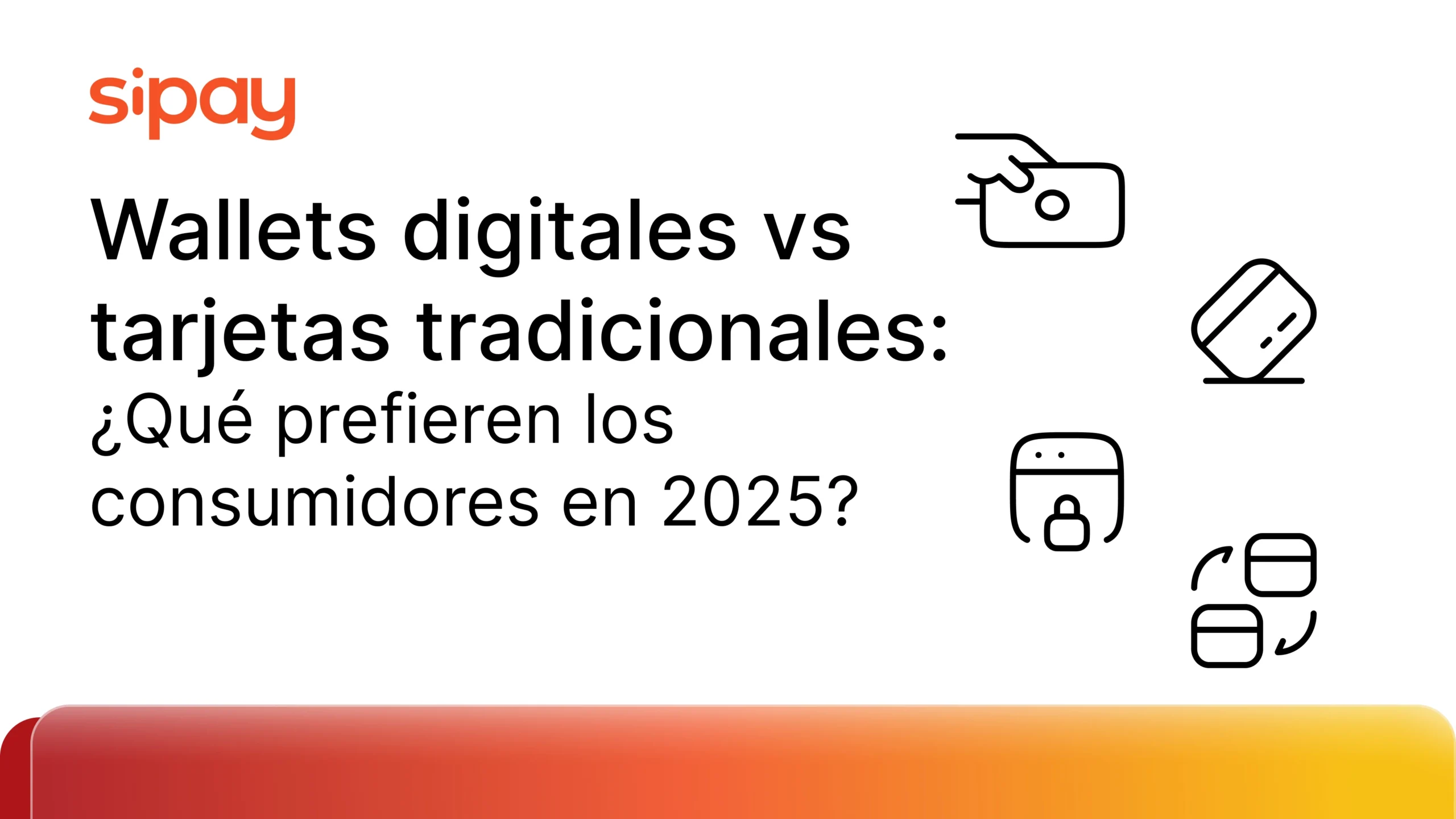During 2020, with the arrival of the coronavirus, both consumer habits and product offerings suffered major changes. Businesses had to close their establishments and adapt their offerings to reach a confined public. Customers, therefore, were forced to change the way they purchased products and services. All these activities were undoubtedly made possible by the advance of technology.
Thanks to these technological advances, businesses that did not yet sell online were able to develop an additional shopping channel, which attracted many users. Multiple of them, before this period, were reluctant to shop online for security reasons and because they had to pay for their purchases with unknown or unusual payment methods.
However, the vast majority of these consumers experienced those digital payments are secure, but they are left with some doubts as to how this is possible. As we know, the Internet is a universe in which millions of data are exchanged per second, including personal data necessary for transactions. Therefore, establishments must have systems and mechanisms to ensure security and inaccessibility to sensitive data by third parties.
At Sipay, a gateway specialized in omnichannel payment solutions, we offer merchants the possibility of implementing payment solutions that comply with the certifications that guarantee the security of their customers’ data. One of them is the international PCI DSS security certification, which aims to ensure the encryption and secure storage of users’ card data.
All entities involved in payment card processing, as well as those that store, process, or transmit sensitive authentication data or cardholder information must comply with this certification. Sipay enables merchants that work with us to collect and store card data securely.
Establishing mechanisms that guarantee the correct identity of the consumer when making a payment is another of the obligations that merchants must comply with to increase security in transactions. To increase consumer protection and consequently try to reduce access to this data, companies must increase security through the PSD2 legislation, which came into force in September 2019.
One of the main requirements it introduces is the obligation to apply strong authentication (SCA) using a minimum of two of the following three factors: something the user knows (password), something they have (mobile device or card) or something they «are» (fingerprint biometrics, facial recognition, etc.). In this way, companies increase security and decrease or prevent fraudulent transactions.
Finally, to ensure equal security standards for all member countries of the European Union, the General Data Protection Regulation (GDPR) came into force in 2018. This regulation obliges companies to ask users for their consent to the processing of their personal data.
Ensuring the security of key information about your business and your customers is a factor that will increase user confidence and, therefore, help you increase sales and, consequently, profits.



